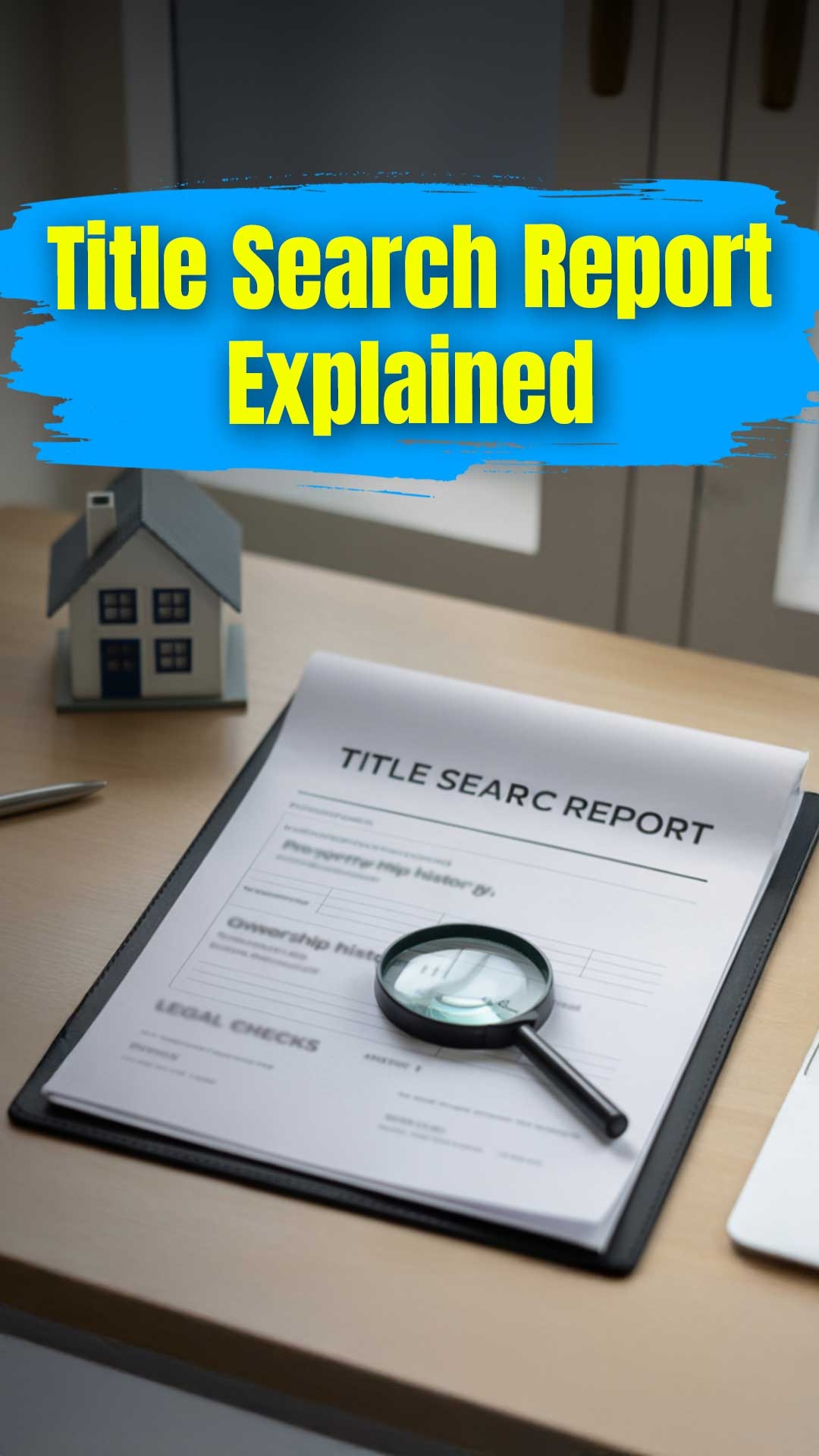Home Loan Strategies for First-Time Borrowers: Tips for Success
Securing a home loan involves more than just calculating EMIs. It’s about making informed financial decisions. In this video, we’ll go over key tips for first-time home buyers. From assessing your finances and saving for a down payment to exploring government schemes like the Pradhan Mantri Awas Yojana (PMAY) for affordable housing subsidies. You’ll also learn the importance of improving your credit score, as it might help you secure a loan at lower interest rates.
We’ll take you through comparing lenders, checking additional costs such as stamp duty, and understanding fixed versus floating interest rates. This could help you choose the option most suitable for you. Along with the loan, preparing emergency funds and considering life insurance could safeguard your family’s financial stability.
Additionally, we’ll discuss part-payments and foreclosure as ways to reduce interest liability, enabling you to save in the long run. Whether it’s understanding hidden charges or seeking expert advice, these insights might support you in managing your finances responsibly. This could help you achieve your homeownership dreams.

Key Takeaways
Getting a home loan might require thoughtful financial planning beyond basic EMI calculations
Evaluating your budget and setting aside funds for a down payment could be essential first steps
Government schemes like Pradhan Mantri Awas Yojana (PMAY) may offer subsidies that make housing more affordable
Improving your credit score could improve loan eligibility and potentially lower interest rates
Comparing different lenders and factoring in costs like stamp duty might ensure a well-informed choice
Understanding fixed versus floating interest rates could aid you in selecting a suitable loan option
Setting up emergency savings and considering life insurance may offer financial protection
Part-payments and foreclosure may help reduce your overall interest liability in the long run
Reviewing hidden charges and seeking expert advice could aid responsible financial management
What to Watch Next
Bites









































